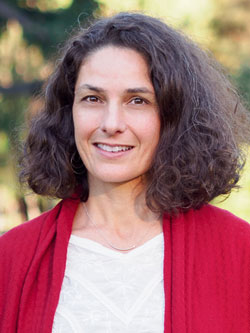
Congratulations to MCB Professor Nicole King and her teammate Julie Pfeiffer from the University of Texas Southwestern Medical Center on being named 2019 Pew Trust Innovation Fund Investigators!
Below are articles from various sources about members of MCB and their research.

Congratulations to MCB Professor Nicole King and her teammate Julie Pfeiffer from the University of Texas Southwestern Medical Center on being named 2019 Pew Trust Innovation Fund Investigators!
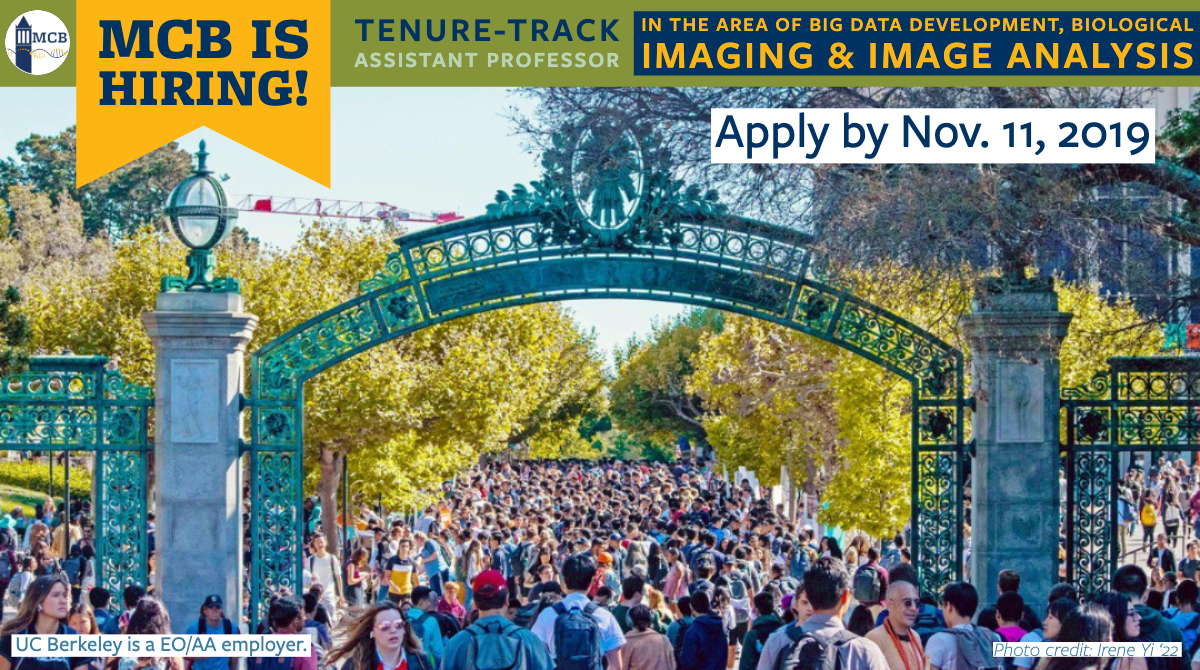
Interested in becoming a UC Berkeley MCB faculty member? We are now accepting applications for a tenure-track Assistant Professor position in the area of Big Data Development, Biological Imaging and Image Analysis.
Applications are due November 11, 2019. Learn more and apply here.
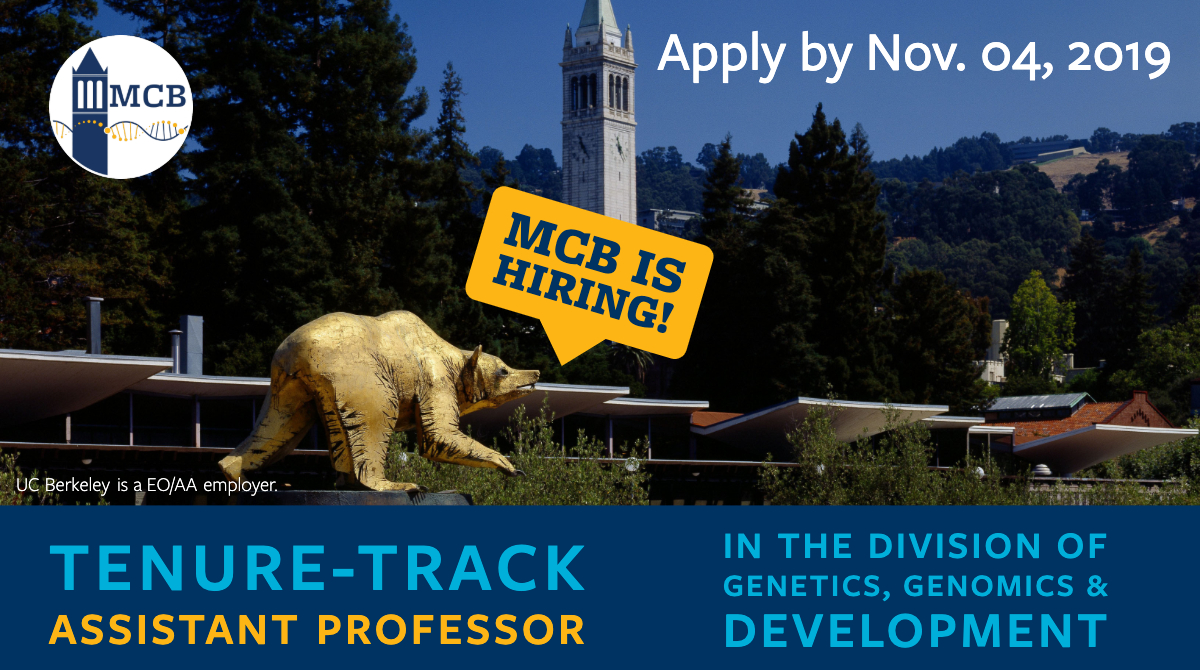
Interested in becoming a UC Berkeley MCB faculty member? We are now accepting applications for a tenure-track Assistant Professor position in the division of Genetics, Genomics & Development.
Apply by November 04, 2019, here.
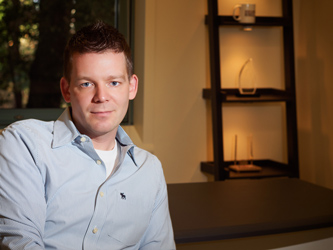 Congratulations to MCB Assistant Professor of Neurobiology Stephan Lammel on receiving the 2019 One Mind – Janssen Rising Star Translational Research Award In Honor of the Late Jeffrey S. Nye, MD, PhD!
Congratulations to MCB Assistant Professor of Neurobiology Stephan Lammel on receiving the 2019 One Mind – Janssen Rising Star Translational Research Award In Honor of the Late Jeffrey S. Nye, MD, PhD!
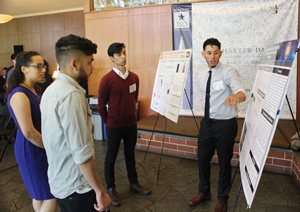 This summer the Molecular and Cell Biology (MCB) Department celebrated its eighth year participating in UC Berkeley’s partnership with the National Institute of Health (NIH) Bridges to Baccalaureate (B2B) Program.
This summer the Molecular and Cell Biology (MCB) Department celebrated its eighth year participating in UC Berkeley’s partnership with the National Institute of Health (NIH) Bridges to Baccalaureate (B2B) Program.
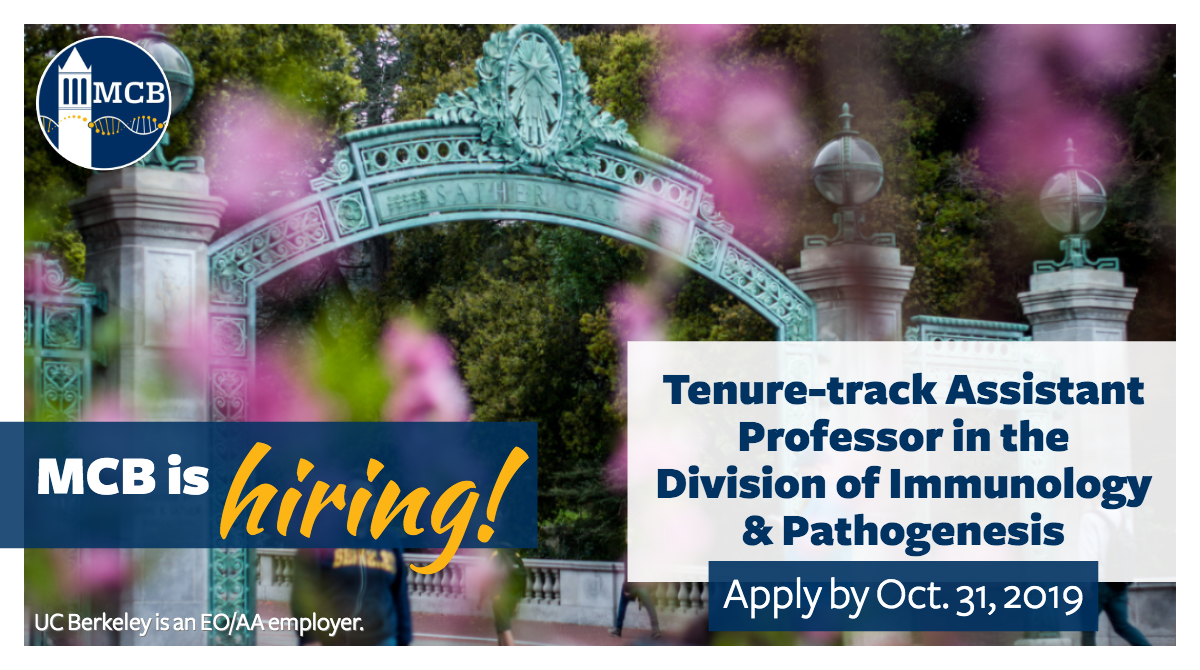
Interested in becoming a UC Berkeley MCB faculty member? We are accepting applications for a tenure-track Assistant Professor position with the MCB Division of Immunology & Pathogenesis.
Apply by October 31, 2019, here.
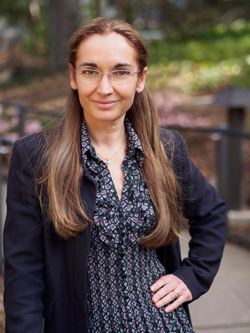 Eva Nogales, MCB Professor of Biochemistry, Biophysics & Structural Biology and Howard Hughes Medical Institute Investigator, has been named a 2020 Biophysical Society Fellow.
Eva Nogales, MCB Professor of Biochemistry, Biophysics & Structural Biology and Howard Hughes Medical Institute Investigator, has been named a 2020 Biophysical Society Fellow.
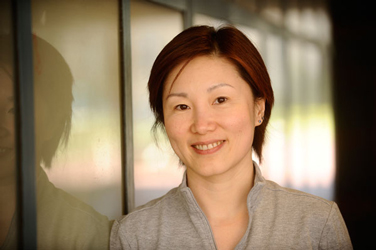 We spend about one-third of our lives asleep, but much is still unknown about how this nightly occurrence is regulated by the brain. However, two new research papers from the lab of MCB Professor & HHMI Investigator Yang Dan seek to shed light on the systems and regions of the brain involved in sleep regulation.
We spend about one-third of our lives asleep, but much is still unknown about how this nightly occurrence is regulated by the brain. However, two new research papers from the lab of MCB Professor & HHMI Investigator Yang Dan seek to shed light on the systems and regions of the brain involved in sleep regulation.
In Cell, Zhang et al. identified both known and new areas throughout the brain with higher activity in sleeping mice compared to awake mice. These newly identified brain regions could be useful in the development of new methods to promote healthy sleep.
In Neuron, Ma et al. "screened for additional sleep-promoting areas using a different approach — working backwards from neurons known to promote wakefulness (wake neurons) to see which neurons connect to and inhibit them, causing sleep."
Read more from Helen Wills Neuroscience Institute here.
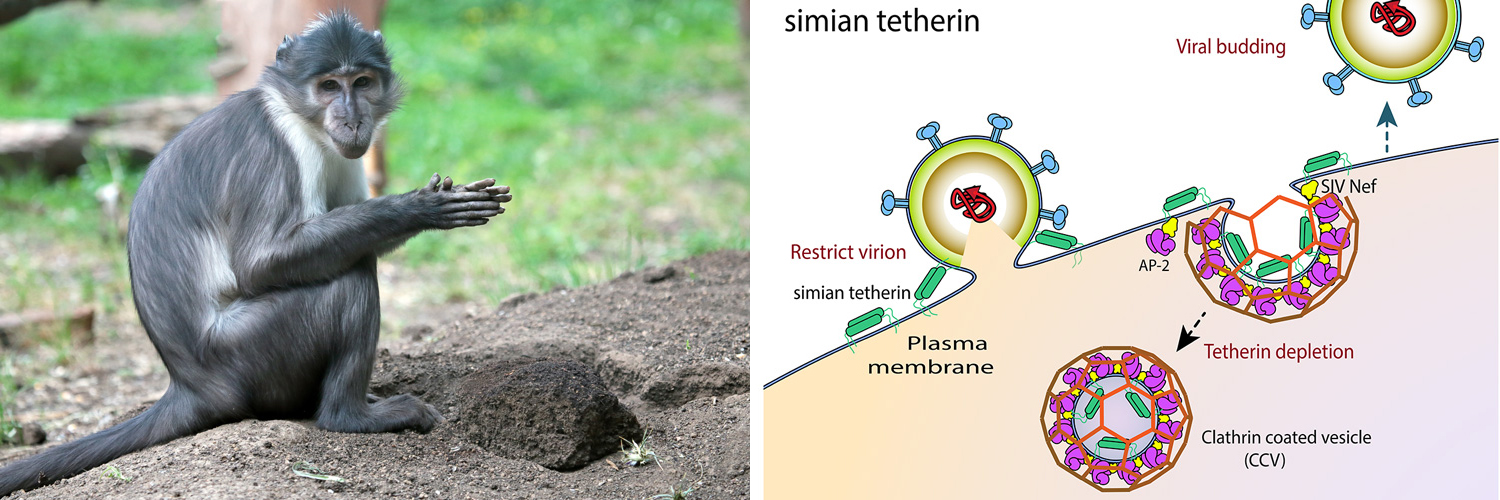
A new study from the Hurley lab reveals how an early-human mutation may have protected us from the simian immunodeficiency virus (SIV), perhaps giving us an advantage over other primates in early evolution.
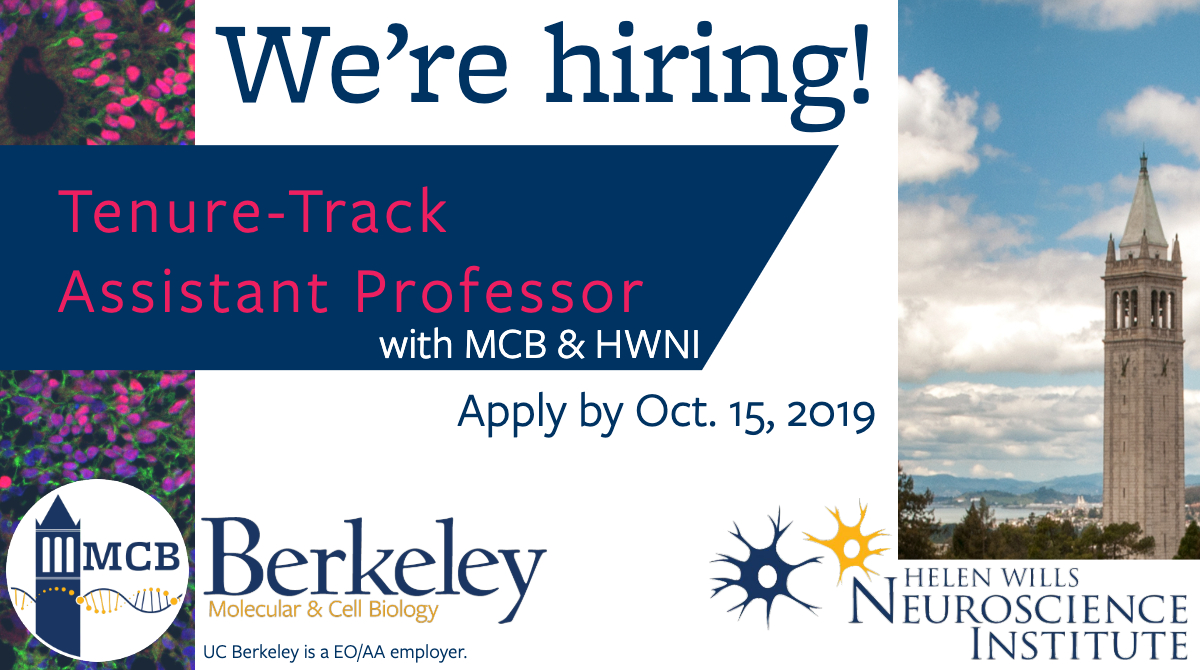
Interested in becoming a UC Berkeley MCB faculty member? We are accepting applications for a tenure-track Assistant Professor position with the MCB Neurobiology division and the Helen Wills Neuroscience Institute.
Apply by October 15, 2019, here.